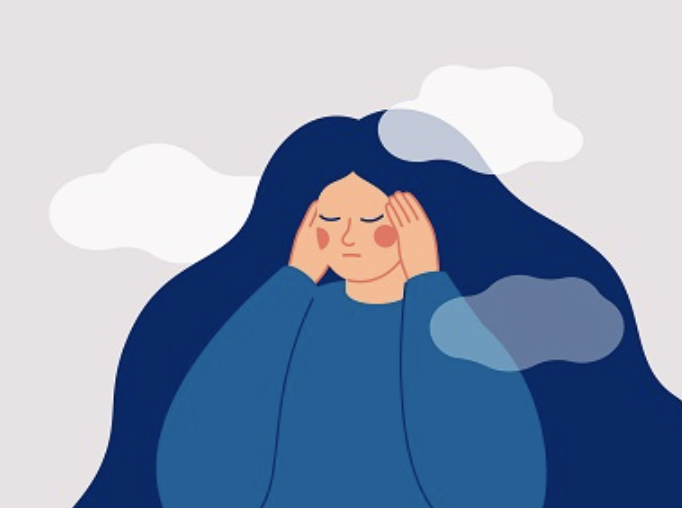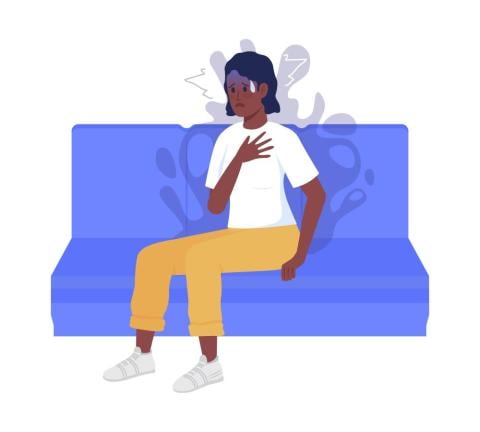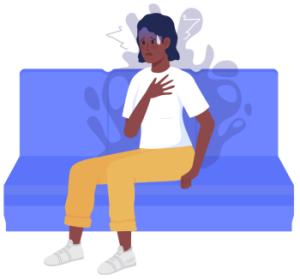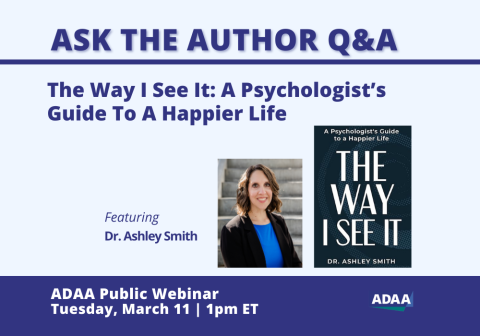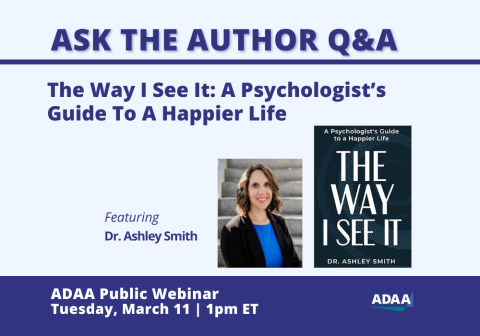It may be hard to recognize that OCD is causing learning difficulties, interpersonal problems, or great distress and anxiety. When students are barraged by obsessive fears, doubts, and urges, they may perform rituals or compulsions to neutralize or undo these thoughts or feelings to try to feel better. But sometimes it’s not clear that a student’s behavior is connected to OCD. Students who have OCD may not perform these actions repeatedly in the classroom, or they may be completing rituals mentally or covertly. Some may be afraid of contaminating others or of hurting themselves or others, or because they have aggressive thoughts.
While school personnel may not know or understand the cause of the behavior, they can detect new patterns of behavior that aren't typical of a student. Understanding warning signs is the first step to helping a student get support.
Some Hidden Indicators of OCD in School
Most OCD behavior doesn’t make sense when observed, and it often doesn’t make sense to the student who does it either. But students with OCD act the way they do because they feel compelled to do so.
- Very rough, red, dry, or cracked skin on hands, arms, or face that may result from repeated washing. The student may be spending lunchtime, breaks, or bathroom visits continually washing hands. This behavior may be going on at home, too. Repeatedly asking to go to the bathroom or spending extended periods of time there to engage in washing or cleaning rituals.
- Avoiding certain public places, such as the cafeteria or gym because they may trigger OCD symptoms. Students may ask to be excused from sports activities or have unexcused absences from gym class.
- Dropping out of or unexplained absences from sports, clubs, team activities after active participation or enjoyment. Some aspect of the activity is triggering OCD symptoms.
- Misbehaving in a group activity or class project. Some people with OCD become upset when others are standing or sitting too close, or touching them or their materials, or even for no apparent reason Extreme difficulty moving to a new project or task. Some students may delay turning in work, labor over a single task, or seem to get stuck on a single question or problem and are unable to skip it and go to the next one.
- Staying home from school to work on an assignment that should not take a lot of time to complete.
- Not turning in homework or consistently turning them in late because the students said it needed more work or wasn’t done well enough to turn in on time.
- Being drowsy or falling asleep in class, which is common if a student stays up late at night studying or working on homework, laboring over it, reading it repeatedly or checking it multiple times. Research indicates that many young people with OCD experience sleep-related difficulties. Being late for school frequently, often accompanied by fatigue.
- Repeatedly asking the same question or asking the teacher to repeat a question many times for more clarification.
- Seeking reassurance that they understood the question or that their answer is correct, or that their assignments are correctly done. Students may exhibit great anxiety over whether they get a high test score or are praised for good work.
- Inability to make a decision or choose an answer.
- If interrupted when reading, writing, or reciting, having to start over at the beginning. Frustration or mounting anxiety at being unable to complete a ritual may lead to an outburst or tantrum.
- Fidgeting with clothing or shoes, complaining of skin irritation or bothersome clothing labels, or taking off a piece of clothing doesn’t feel right.
